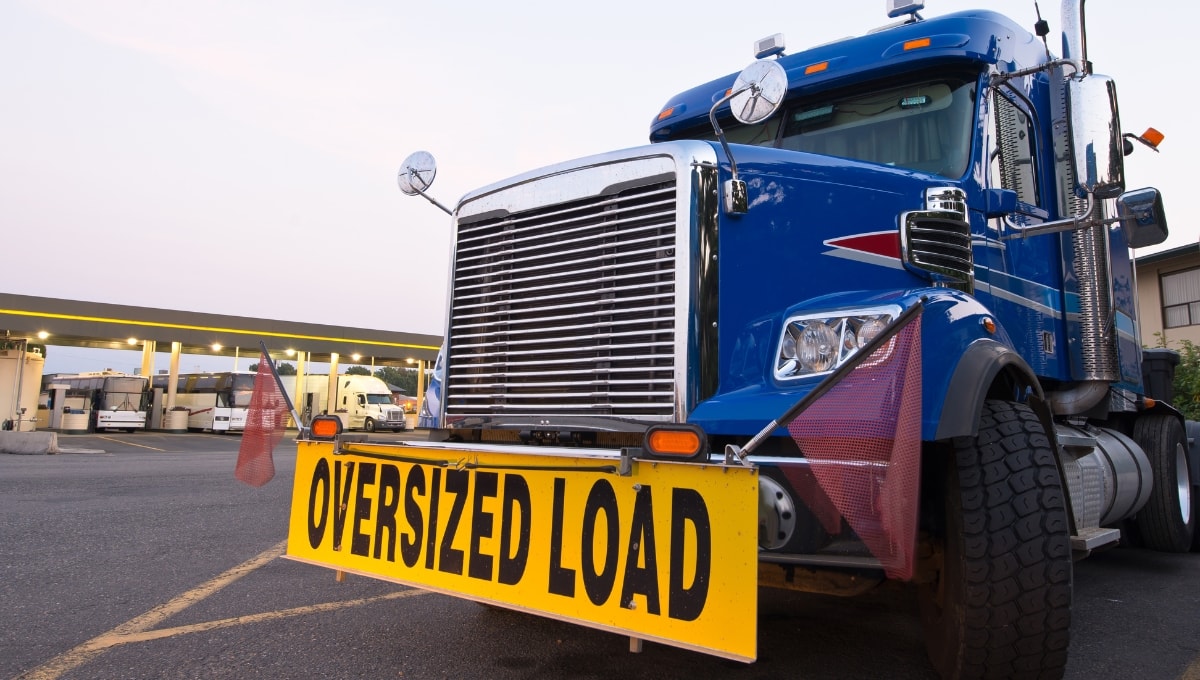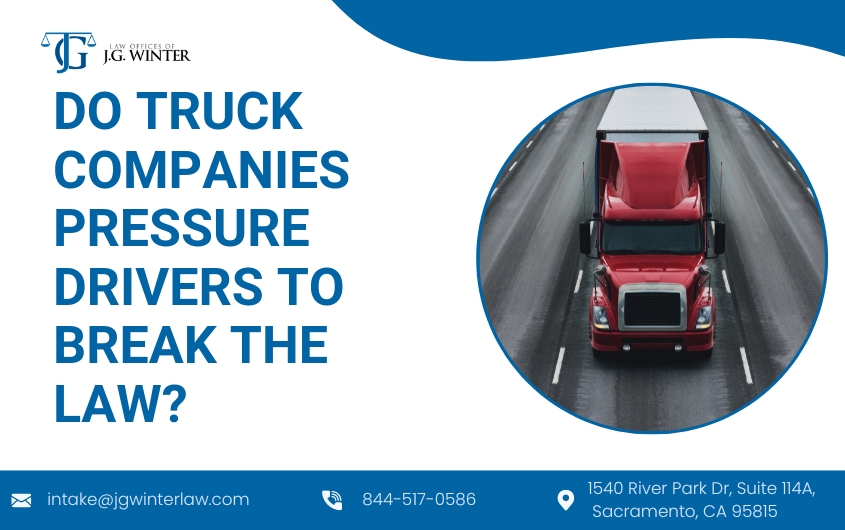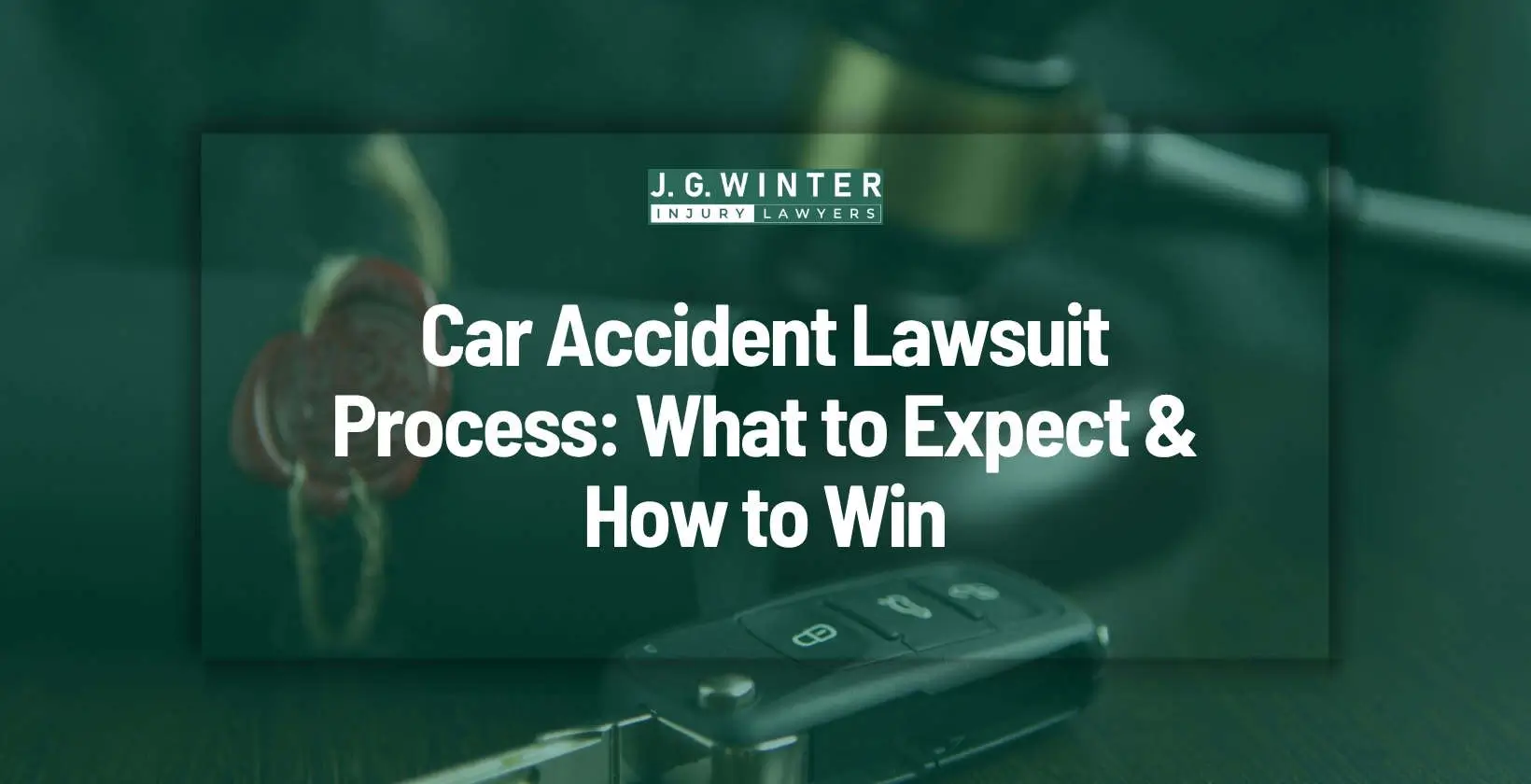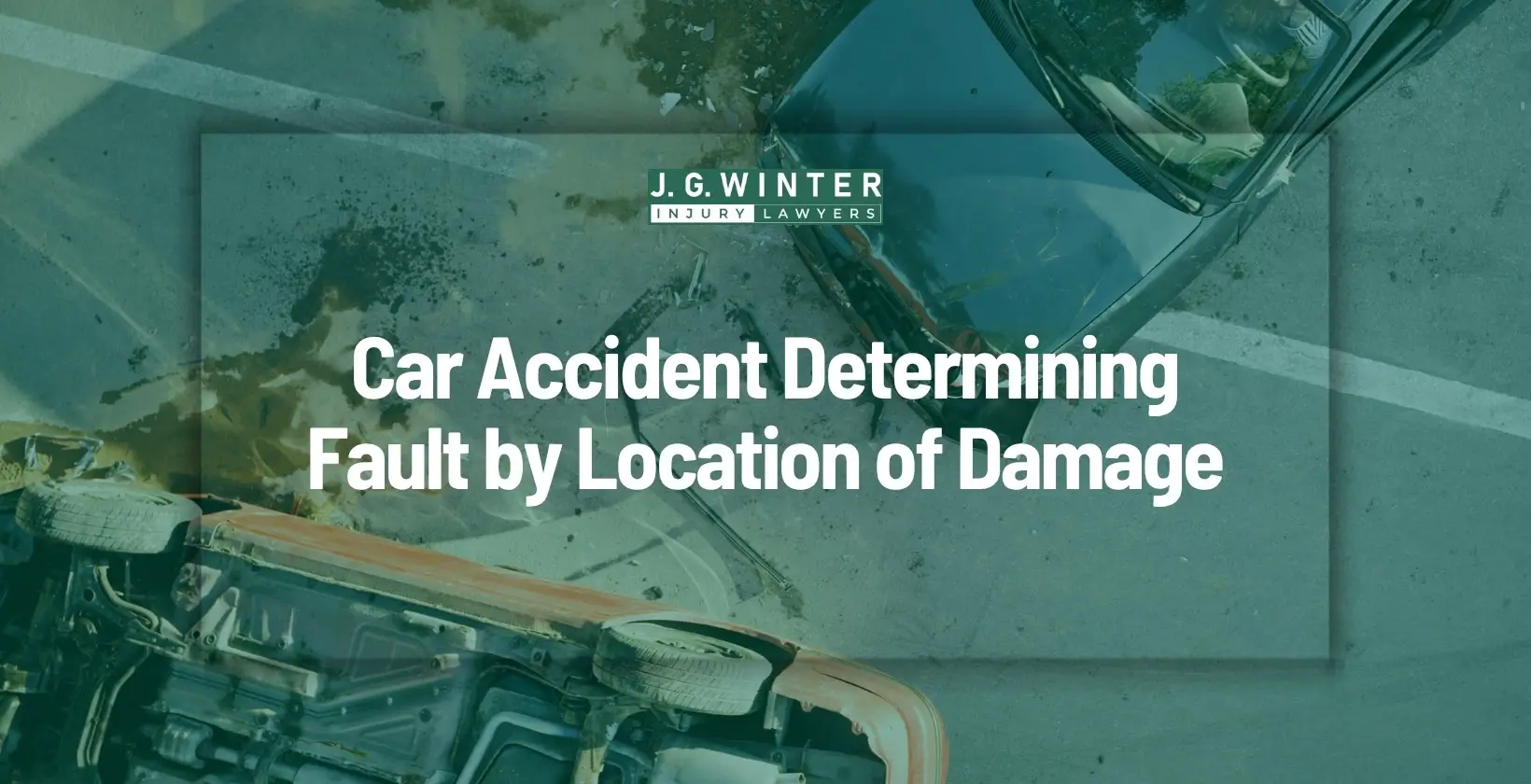The pressure to meet deadlines and maintain profitability can sometimes lead companies to encourage drivers to skirt legal requirements. This issue, though not universal, raises significant concerns regarding road safety and driver well-being.
Statistics about trucking law violations in California
With its extensive network of highways and major ports, California is a hub for trucking activities. Recent reports suggest that violations related to overloading, hours of service, and vehicle maintenance are not uncommon. For instance, the California Highway Patrol’s Commercial Vehicle Section reported notable violations following inspections, emphasizing the need for stricter adherence to regulations.
Reasons behind companies pressuring drivers to break the law
- Deadline demands: The push to meet tight delivery schedules often leads to hours-of-service violations.
- Economic incentives: Companies may prioritize profits over safety, indirectly encouraging drivers to take shortcuts.
- Competitive industry pressures: Companies might overlook compliance to gain a competitive edge in the race to stay ahead.
What trucking laws can be violated?
The trucking industry is governed by complex laws designed to ensure road safety. However, these laws can sometimes be violated, either knowingly or unknowingly, by trucking companies and drivers. Here are some key regulations that are commonly breached:
Federal Motor Carrier Safety Regulations (FMCSRs)
FMCSRs are set by the Federal Motor Carrier Safety Administration (FMCSA) to regulate the trucking industry. They cover many safety issues, including driver qualifications, vehicle maintenance, and cargo securing. Violations of FMCSRs can lead to severe accidents and penalties.
Federal Motor Carrier Commercial Regulations (FMCCRs)
These regulations encompass commercial aspects of trucking, such as insurance requirements, commercial licensing, and financial responsibilities. Non-compliance with FMCCRs can result in legal complications and substantial fines for trucking companies.
Hazardous Materials Regulations (HMRs)
HMRs govern the transport of hazardous materials, requiring strict adherence to packaging, labeling, and handling procedures. Violations of HMRs can have dire environmental and public health consequences, alongside legal repercussions.
Hours of service regulations
These regulations mandate the maximum time drivers can be on duty and behind the wheel. They are crucial for preventing driver fatigue. Non-compliance with these regulations is a common violation, often leading to overworked drivers and increased risk of accidents.
Understanding these regulations and their implications is crucial, especially if you are involved in a trucking accident.
How can trucking companies violate the trucking law?
While generally striving to adhere to regulations, Trucking companies can sometimes find themselves violating the law. These violations can range from lapses in hiring practices to neglecting vehicle maintenance. Below are some common ways these violations occur:
Hiring violations
Hiring practices in the trucking industry are tightly regulated, including requirements for driver’s licenses, training, and background checks. Some companies may violate these rules by hiring unqualified drivers or those with a history of traffic violations, significantly increasing the risk of accidents on the road.
Hours of service violations
One of the most prevalent violations involves disregarding the Hours of Service (HOS) regulations. These rules limit driving hours to prevent fatigue. Companies might pressure drivers to work beyond these limits to meet tight schedules, leading to dangerous driving conditions.
Loading violations

Proper loading of cargo is critical for safe transportation. Violations occur when trucks are overloaded, or the cargo is improperly secured, leading to imbalances and potential accidents, especially at high speeds or difficult driving conditions.
Failing to perform regular maintenance
Regular maintenance of trucks is a legal requirement. Some companies may need to perform these checks adequately, leading to mechanical failures that can cause serious accidents. Neglecting maintenance violates the law and puts all road users at risk.
You can report unsafe trucking companies; know how can you report an unsafe trucking company?
Consequences of coercion regarding safety violations
When trucking companies coerce their drivers into violating safety regulations, the consequences can be severe, both legally and ethically. Such coercion not only endangers the lives of the drivers and other road users but also exposes the companies to significant legal and financial risks.
Penalties trucking company could face
Trucking companies guilty of coercing drivers into violating safety laws can face substantial penalties. These include hefty fines, suspension of operating licenses, and, in extreme cases, criminal charges. The Federal Motor Carrier Safety Administration (FMCSA) enforces strict penalties to deter such practices and maintain high safety standards in the industry.
What to do after a truck accident caused due to breaking trucking law?
In the unfortunate event of a truck accident caused by the violation of trucking laws, taking the right steps is crucial for ensuring justice and fair compensation:
- Seek immediate medical attention: Prioritize your health and safety by getting medical help, even if the injuries seem minor.
- Report the accident: Inform the police and ensure an official accident report is filed.
- Document the scene: If possible, take photos of the accident scene, including vehicles, road conditions, and any visible injuries.
- Gather information: Collect contact details of witnesses and the truck driver, including their company’s name.
- Avoid negotiations: Only discuss faults or accept settlements from insurance companies with legal advice.
- Consult a lawyer: Contact a Sacramento truck accident lawyer, J.G. Winter Law, specializing in truck accident cases. We can guide you through the complexities of your case, helping to establish liability and negotiate fair compensation.
We provide a detailed guide on what evidence do you need to file a truck accident claim in Sacramento?




